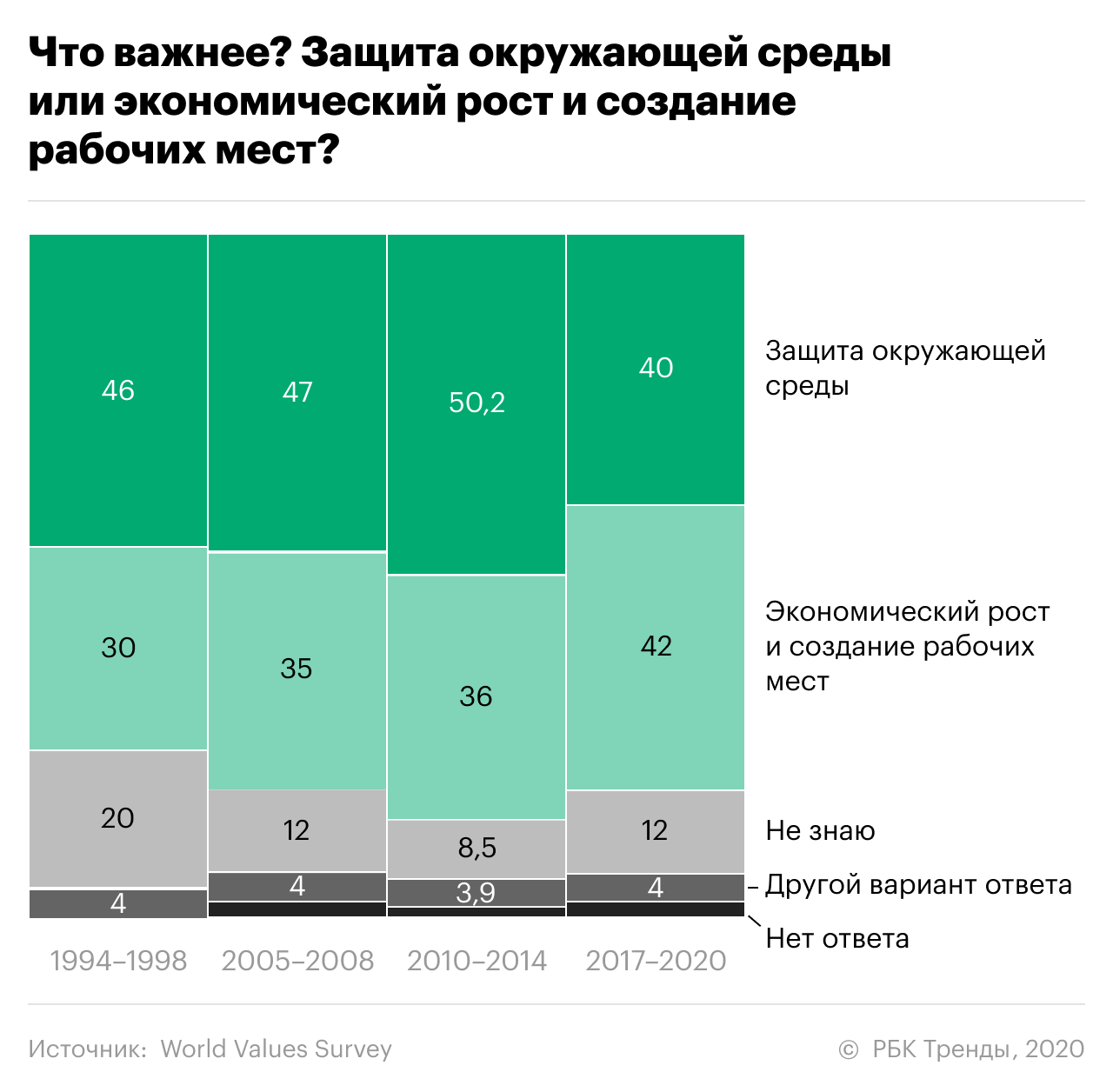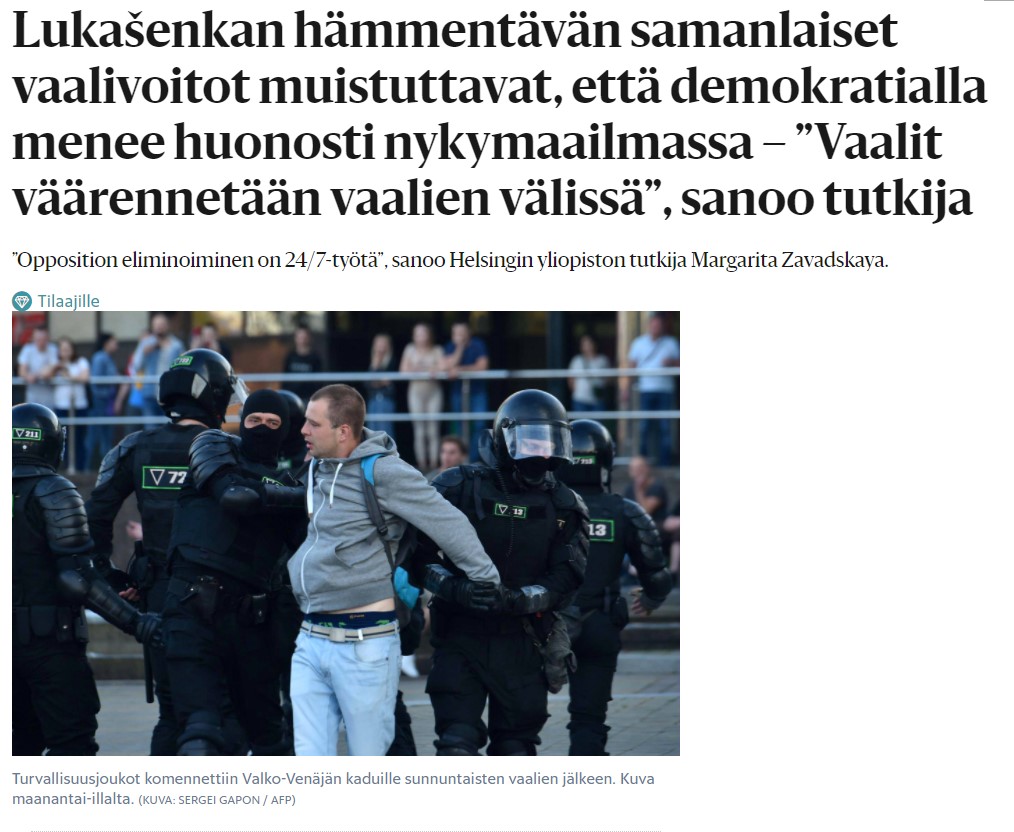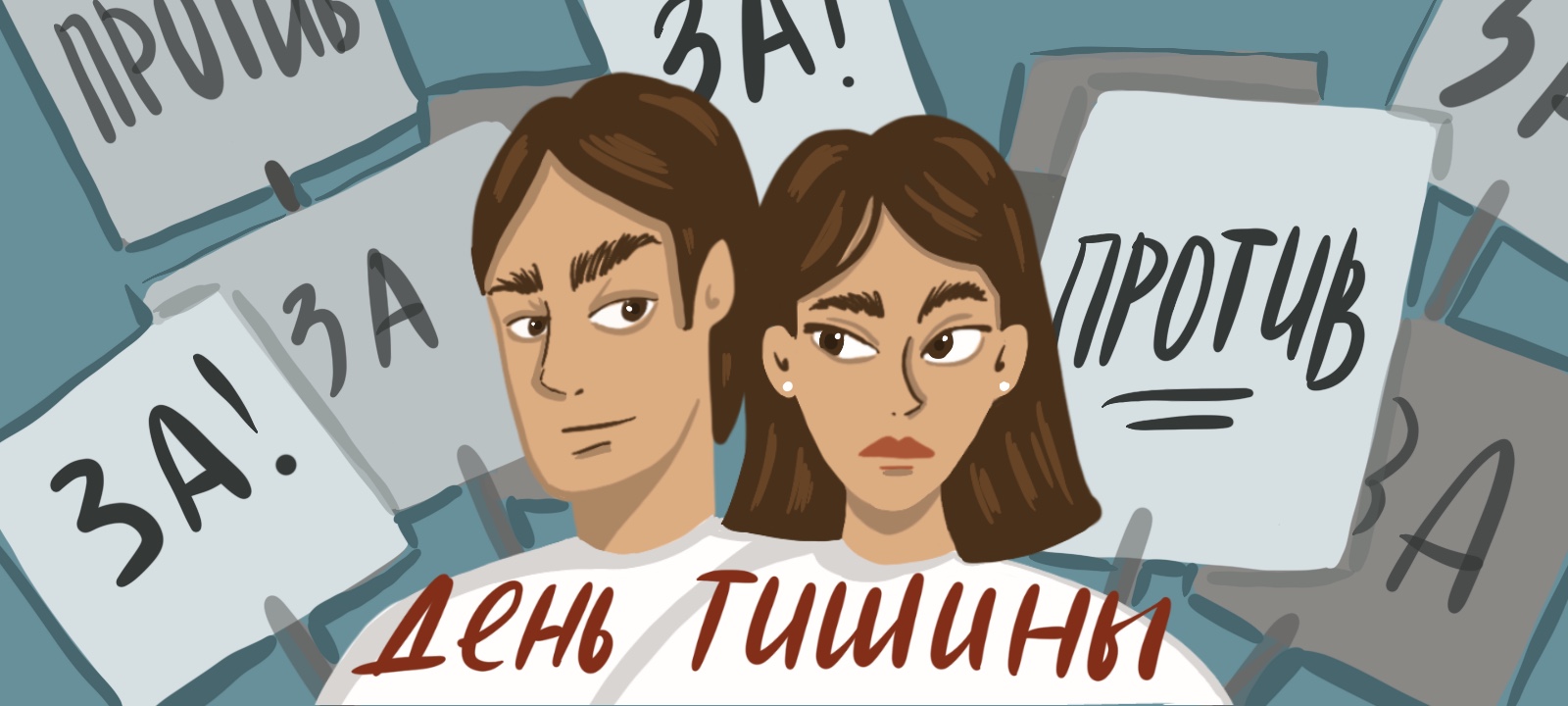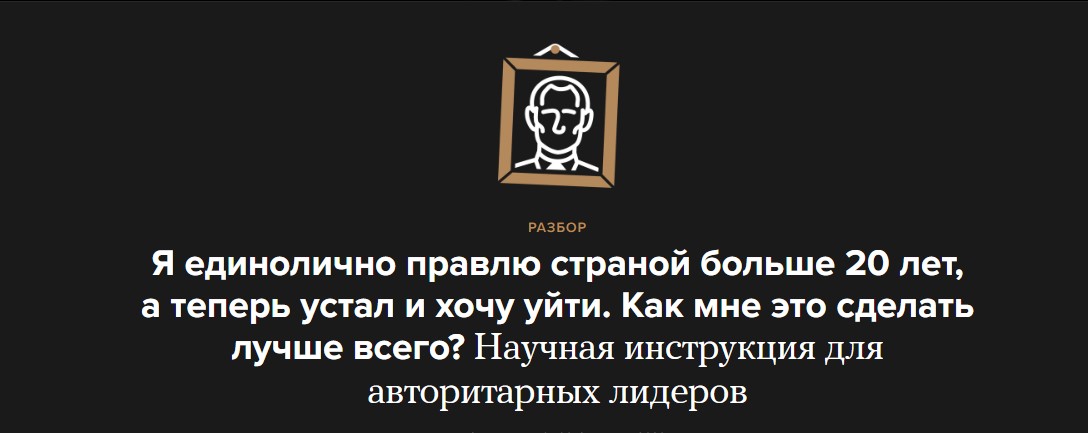Belarus is protesting against the results of the fraudulent election, where, according to the central election commission, Lukashenko won with 80% of votes for two days now. The brutality of security forces is overwhelming, but Belarusians don’t give up. Meduza tried to understand what is going on in the country now and how will it end and asked the experts to comment on the situation. Margarita Zavadskaya was one of the experts and here is her opinion published in the article “Заключил ли Лукашенко сделку с Путиным? Долго ли он еще удержится у власти? Почему на этот раз не получилось быстро подавить протест? Главные вопросы (и ответы!) о белорусском протесте” (Has Lukashenka made a deal with Putin? How long will he stay in power? Why this time they did not manage to suppress the protest fast? Main questions (and answers!) about the Belarusian protest).
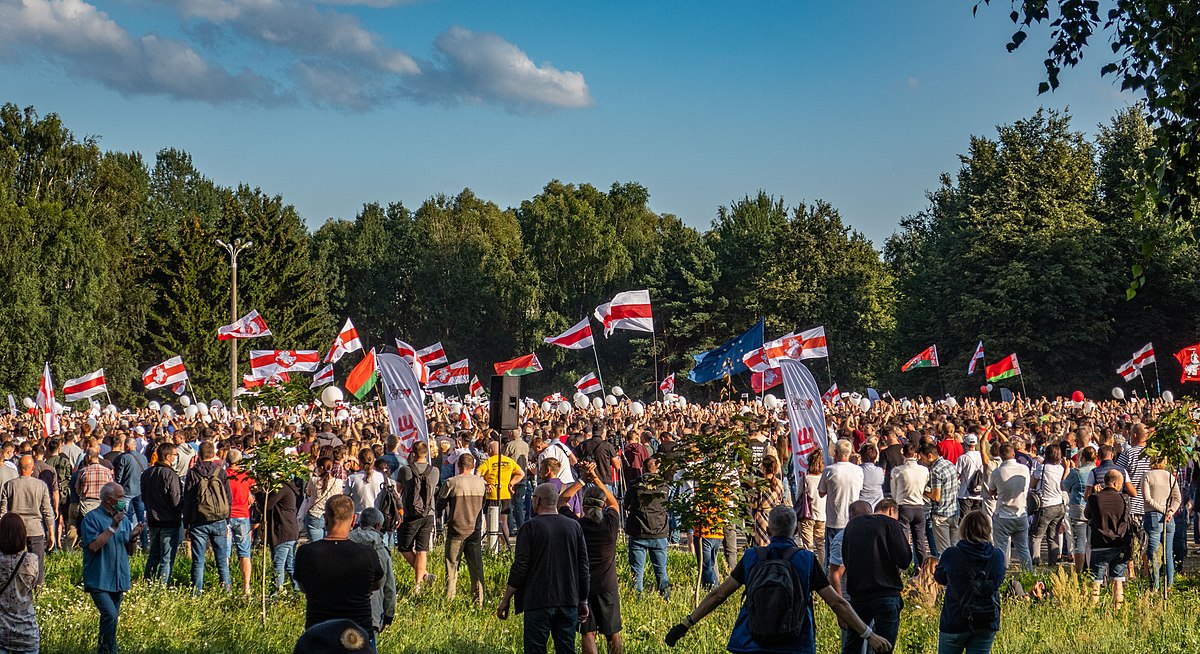
“Most important is that the protest spread beyond Minsk. There is even crowdsourcing this year, the protest exists on its own, without leaders. Even Alexander Grigoryevich admitted, that he doesn’t understand who is fighting against him. If in 2010 it was an exclusively capital protest with a more narrow orientation towards the Belarusian nationalism, now a wider coalition is at place and everything depends on how successfully the opposition staff will coordinate the actions and how many people will be on the streets. The success is already present in small towns where AMAP stepped down before the protesters. It is a serious signal that maybe nothing is yet determined, even though the expert prognosis is that the regime will withstand for some time.
The concept of opposition is wide and unclear now. The potential infrastructure of the opposition is very powerful – there are Telegram channels and people’s demand for the emergence of new opposition leaders. In 2010, in order to gain the population’s trust, one had to try hard, write programmes, and in 2020 there is no need for such. A person needs to be firm, confident, and to say openly that he/she wants the change of power. This is exactly how [Sviatlana] Tsikhanouskaya asserted herself: she has no programme, no political experience, but she became the symbol; probably yesterday majority of the Belarusians voted for her. We can’t state this confidently, but taking into account that at some polling station there was a fair vote count and she won there, she has probably won everywhere. This is a unique situation, Netflix should make a series about it.”
How long will Lukashenko remain in power?
“Many experts agree that, most likely, this is the last Lukashenko’s term, though the survival statistics of authoritarian regimes is on his side for now. Regimes like this usually live long. Political scientists define three types of authoritarian regimes: military juntas, single-party regimes, and personalist dictatorships. The latter ones comprise a dominating majority in contemporary history, and they are the ones that live longest because the coordination of the elite circles is fixed around one person whom they all trust. It is not so important what personal qualities does this person have – they all change with age or lose their relevance, but it is important for the elites to have a guarantee of predictable future; especially in the authoritarian regimes, where the formal rules are not so important.
Regimes like this usually are limited by the life span of the dictator. But for the dictator and his circle, it is all very unsafe, because the power becomes their virtually only choice. That’s why even if the dictator became very tired of it, he will still cling to it till the very last moment because otherwise there is no guarantee for his personal safety. If a coup occurs, the danger comes from the elite. Even on the Belarusian example, we can see an early sign of it, because [Valery] Tsepkalo and [Viktor] Babariko – they are actually typical systemic liberals, not at all revolutionists, but rather people, who perfectly understand how the regime works. What is going on now in Belarus is too early to call an elite split, but regimes like this start to collapse when parts of the elite on which dictators rely start to split off.
Any authoritarian regime, for its own stability, has to rely on a broad public coalition, but Lukashenko himself started to narrow it down. It is not wise to call the nation “little people” (народец), especially when the wellbeing of large groups of the population is less and less guaranteed. By all accounts, right now Lukashenko relies solely on the security forces and the bureaucracy. It is not the broadest coalition, even though Belarus has a large public sector. But the wellbeing level and career perspectives even of these people are questionable at the moment.
This is called “a lame duck syndrome” when a dictator sends a signal that he is politically incapable. Now he appears with a catheter, and it’s a direct sign that he has health problems. For personalist regimes, it’s of paramount importance: a healthy political leader, who is capable of sustaining all vital functions and making adequate decisions – it is a relief for the elite, who needs to know for sure on whom to rely on and with whom to negotiate.”
Read the full version of the article online on Meduza.


